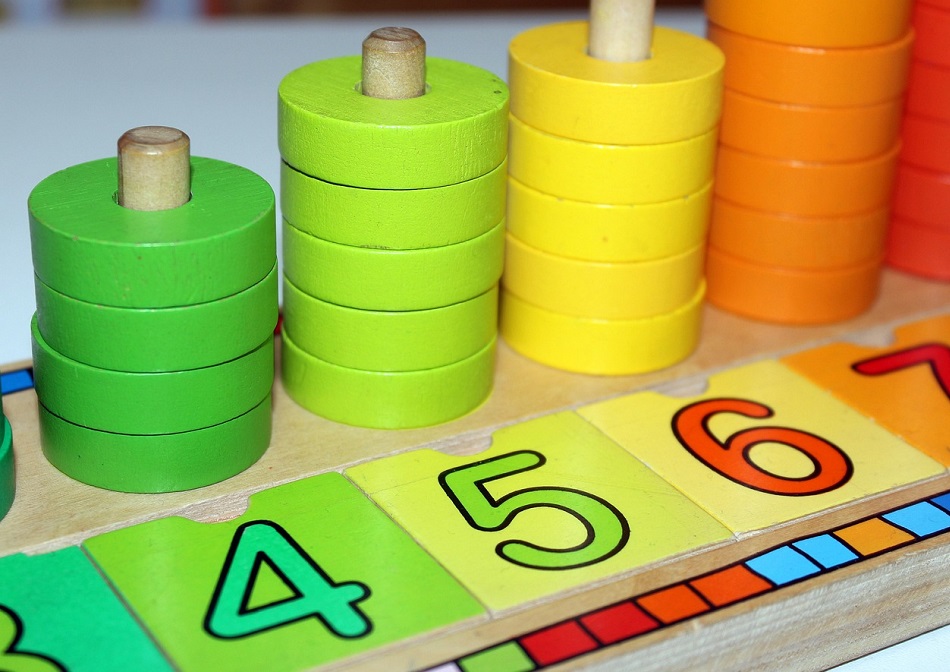Izglītojošas rotaļlietas un to ietekme uz bērnu attīstību

Izglītojošas rotaļlietas un to ietekme uz bērnu motorisko prasmju attīstību
Pirmajā dzīves gadā mazulis aktīvi pēta apkārtējo pasauli, un rotaļlietām šajā procesā ir galvenā loma. Izglītojošas rotaļlietas palīdz ne tikai attīstīt intelektu un iztēli, bet arī uzlabo bērnu motoriku un koordināciju.
Agrīna attīstības stadija
Pirmajos dzīves gados bērni mācās kontrolēt savas kustības un attīsta motorikas pamatiemaņas. Spēlējot ar atbilstošām izglītojošām rotaļlietām, šo procesu var ievērojami uzlabot. Piemēram, rotaļlietas ar spilgtām krāsām un dažādām faktūrām var stimulēt mazuļa taustes sajūtu un palīdzēt viņam attīstīt taustes sajūtu.
Šajā posmā ir īpaši svarīgi nodrošināt mazuli ar rotaļlietām, kas viņam ir drošas un ļauj viņam droši izpētīt apkārtējo pasauli. Mīkstās rotaļlietas ar lieliem elementiem un drošas košļājamās rotaļlietas zobiem ir lieliski piemērotas šim vecumam. Dažādi mīklu paklājiņi un grāmatas ar atšķirīgu tekstūru var arī palīdzēt jūsu mazulim attīstīt motoriku un taustes sajūtu.
Izglītojošas rotaļlietas mazuļiem
Bērniem vecumā no 0 līdz 12 mēnešiem īpaši noderīgas ir rotaļlietas, kas palīdz attīstīt roku un kāju motoriku, kā arī veicina kustību koordinācijas attīstību. Zīdaiņi šajā vecumā bieži dod priekšroku rotaļlietām, kuras viņi var turēt un izpētīt ar rokām, kā arī tām, kuras viņi var stumt vai vilkt. Šim vecumam lieliska izvēle var būt nelieli mīksti klucīši vai grabulīša rotaļlietas ar dažādām faktūrām un formām.
Aktīvās rotaļlietas
Kad mazulis sāk rāpot un staigāt, rotaļlietas, kas var kustēties, lēkāt vai slīdēt, kļūst svarīgas viņa attīstībai. Rotaļlietas ar riteņiem, šūpuļkrēsli un koka šķirotāji var palīdzēt uzlabot mazuļa motoriku un koordināciju, kā arī veicināt fizisko attīstību.
Izglītojošas rotaļlietas bērniem
Bērniem, kas vecāki par gadu, ir piemērotas rotaļlietas, kas palīdz attīstīt roku motoriku un acu koordināciju. Piemēram, puzles ar lieliem gabaliņiem, konstruēšanas komplekti un magnētiskas rotaļlietas, kurām nepieciešama precīza kustība un salikšana, var būt lielisks veids, kā attīstīt bērna motoriku.
Secinājums
Izglītojošām rotaļlietām ir liela nozīme mazuļu motorisko prasmju attīstībā. Izvēlieties rotaļlietas, pamatojoties uz bērna vecumu un vajadzībām, lai palīdzētu attīstīt motoriskās prasmes, koordināciju un citas prasmes, kas nepieciešamas veselīgai attīstībai. Apsveriet katra vecuma posma īpatnības un sniedziet bērnam dažādas rotaļu iespējas, lai maksimāli attīstītu viņa motoriskās prasmes.
